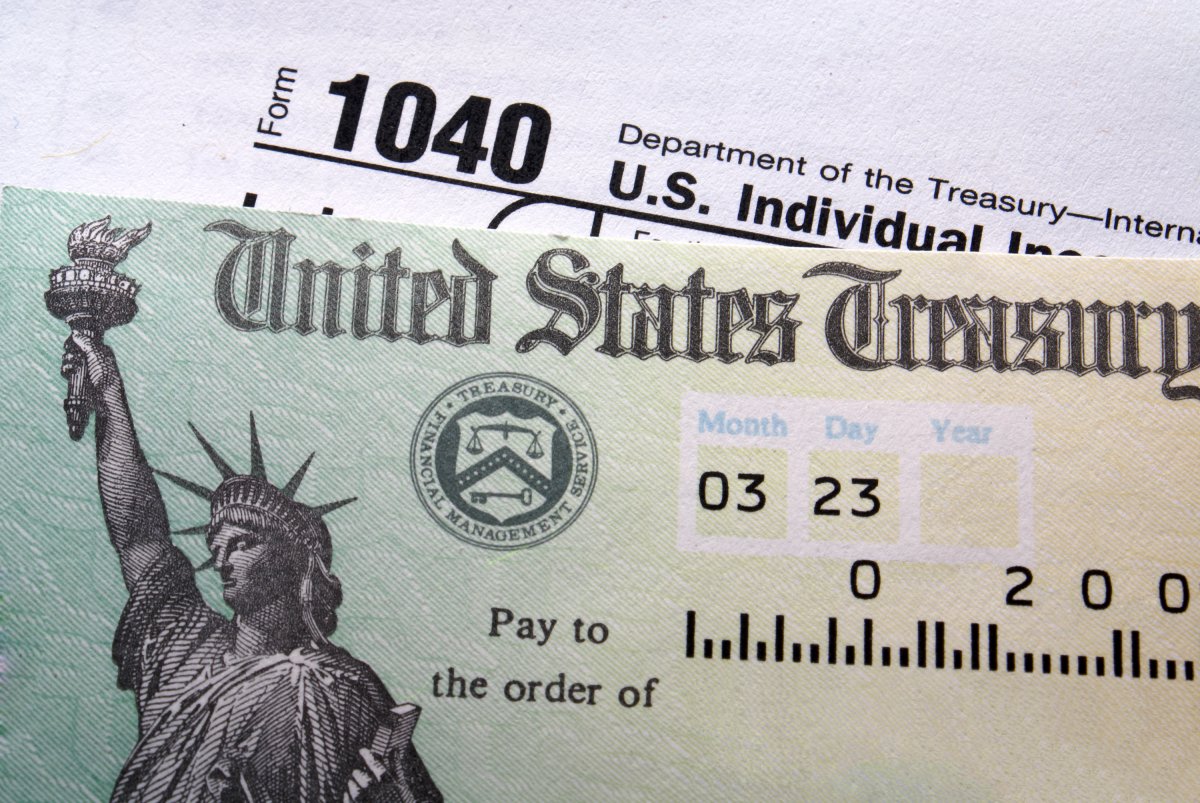In a recent study conducted by the Institute on Taxation and Economic Policy, Florida’s tax system has been dubbed the most “upside down” in the United States. The analysis, part of the Who Pays? study, examined the fairness of each state’s tax code, revealing a concerning trend in the Sunshine State’s financial structure.

Regressive Tax System Hits Low-Income Families Hard
Florida’s reliance on sales and property taxes, coupled with the absence of an income tax, has resulted in a regressive tax system. Families in the bottom 20% income bracket, earning less than $19,600 annually, bear the brunt of this imbalance, with 13.2% of their earnings dedicated to taxes, according to the researchers’ findings.
The disparity continues, with families in subsequent income brackets facing varying but significant tax burdens. Those earning between $19,600 and $35,700 spend 10.9% on taxes, while families making up to $61,500 allocate 9.5%. Even in the fourth bracket, with incomes up to $118,300, the tax burden remains at 8.4%.
Shockingly, the study reveals that the wealthiest 1% of Florida families, earning the most, spend a mere 2.7% of their annual earnings on taxes – approximately five times less than the bottom earners. This stark contrast solidifies Florida’s status as the most regressive state in the nation, raising concerns about the economic fairness and equality within the state’s tax system.
READ ALSO: Celebrating Success and Empowerment at the Highlands Restructuring Assembly
Wealth Disparity Exposed in Tax Burden
The study sheds light on the widening wealth gap in Florida, emphasizing how the current tax structure disproportionately impacts lower-income families. As the state grapples with economic implications, policymakers face growing calls to address the inequities embedded in Florida’s tax system.
The findings ignite discussions on potential reforms and the pursuit of a fairer taxation approach to ensure economic justice for all residents.




